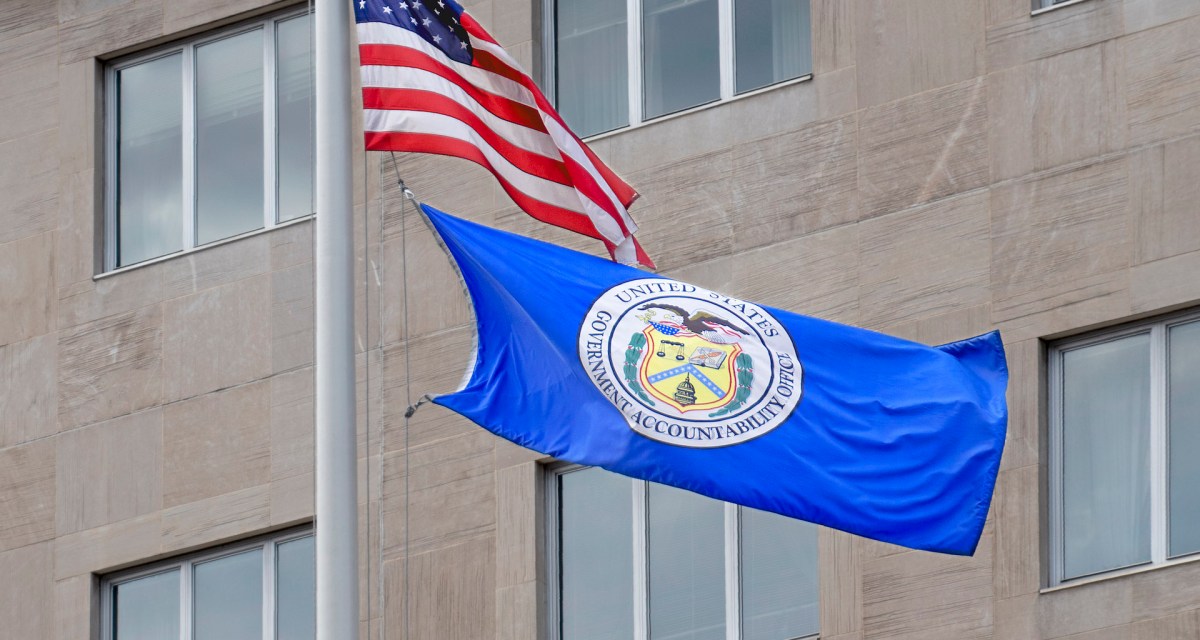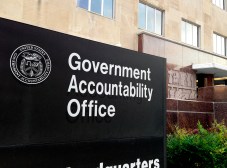GAO sees fewer, more successful bid protests in 2020

The Government Accountability Office dealt with fewer bid protests of federal contracts in fiscal 2020.
The office received 2,149 cases over the year, down 2% from the 2,198 filed the year prior, according to the annual bid protest report to Congress filed in late December. This continues a downward trend in the number of bid protests filed by industry, with a peak of 2,789 cases filed in 2016.
The GAO is one of three venues plaintiffs can take their bid protests, along with the U.S. Court of Federal Claims and directly to the involved agency. But most often, contractors take their protests to the GAO, which will ordeer a stay on work under a contract while the protest is pending.
In addition to fewer protests, those that were filed were more effective. A majority of GAO protests found some sort of success; the “effectiveness rate” for FY 2020 was 51%, the first time in recent years it has crossed the halfway mark.
The GAO sustained 84 of the 545 total cases decided on merit. The most common reasons for sustaining protests were “unreasonable technical evaluation, flawed solicitation, unreasonable cost or price evaluation and unreasonable past performance evaluation.”
This means, the report notes, that “a significant number of protests filed with our Office do not reach a decision on the merits because agencies voluntarily take corrective action in response to the protest rather than defend the protest on the merits.” Agencies are not required to report the reasons they decide to take voluntary corrective action.
This was the case with the Department of Defense’s Defense Enterprise Office Solutions (DEOS) contract for cloud-based email and collaboration tools. DEOS was ultimately re-awarded late last year after corrective actions were taken.
The report notes that there were no instances in 2020 “in which a federal agency did not fully implement a recommendation made by our Office in connection with a bid protest decided the prior fiscal year and each instance in which a final decision in a protest was not rendered within 100 days after the date the protest is submitted to the Comptroller General.”




